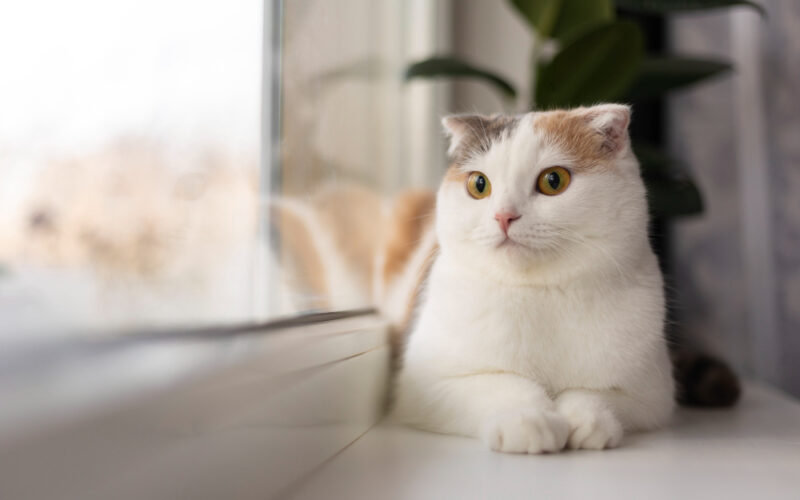The Truth Behind Cats’ Distant Behavior
Cats frequently act chilly and exhibit little affection to their carers at first, or for a long time if the carer acts and speaks inappropriately. Cats also tend to think of themselves as equals or even superiors to their carers, and those persons are known as “cat butlers,” implying that the cats are behaving as the owner rather than the carer. There are various reasons for this, and it is not because they are born emotionless.
Strange manners
Due to their unique muscular structures, adult cats can jump five to six times their own height, which is an incredible amount considering that even the best human jumpers have yet to reach even close to twice. All cats, even the ones that we see today, or, simply put, domesticated cats, have survival instincts and evolved bodies to fit in the wild. Some people think that it is weird that cats like to stay in high places, or sometimes in a stalking or pouncing position; perhaps that is the reason why cats peer at small and tight spaces. All of them conclude that they are cats, and it is normal for them to be ready to spot and hunt down prey as much as they can. Being in high places will give them the advantage of sight, and since their prey are small, they escape to tiny, compact locations (Lopez, 2016).
Cats who scratch at couches or curtains can be easy targets for ire, but we can’t entirely blame them for doing so. Since they are utilized for self-defense, climbing, and hunting in the wild, they feel the need to keep them razor-sharp at all times. Cats also have a peculiar habit of sleeping in strange places, but this is also due to the fact that when they used to live in the wild, any predator could come and attack them while they were asleep. As a result, cats have gradually evolved to find safe places where no danger lurks in the shadows, much like how people close their eyes when they see something quickly flying towards them (Lopez, 2016).
What does purring mean?
Because of their distinctive purrs, cats are well-known and receive a lot of affection and admiration from people all around the world. The most prevalent meanings of purring, though, are contentment, hunger, or even tension. Additionally, it promotes attachment to kittens. Unexpectedly, researchers discovered that purring can speed up bone and wound healing, restore tendons, increase muscle mass, and even relieve breathing and pain. This is feasible as a result of the regular low vibrations that their purring causes to swell inside their bodies (Fields, 2023).
Do cats forgive their caretakers?
Animals have feelings and get emotionally hurt just like humans. And cats, unlike dogs, can hold a grudge for a while, and in extreme cases, it might even become permanent and ruin the relationship between the caretaker and cat. If the cat feels anger, anxiety, or intimidation, they will hold back from showing any of their emotions. But if this happens, there is a way to return things to how they were (Ashley, 2019).
Cardboard boxes can actually ease anxiety and fear of cats, so providing them is a good way to start. Give them space and time for the tension to settle down, and give them gentle touches from time to time. Giving them lots of toys to play around with can earn back some of the happiness, and extra treats are always fair game (Ashley, 2019).
Conclusion
Cats are extremely sensitive, both physically and emotionally. Taking care of them can feel like raising a difficult child. They require a lot of attention and love, but they also prefer being alone from time to time. Many people do not realize this, so comprehensive research is required before opting to care for a cat if they want the cat to be happy and healthy.
References
Feb 26, S.A. and 2019 (2019). How to Win Back Your Cat’s Affection. [online] PureWow. Available at: https://www.purewow.com/family/win-back-your-cats-love [Accessed 3 June 2023].
Fields, L. (2021). Why Do Cats Purr? [online] WebMD. Available at: https://pets.webmd.com/cats/why-do-cats-purr [Accessed 3 June 2023]. Lopez, G. (2016). Why your cat is so weird, explained by an actual scientist. [online] Vox. Available at: https://www.vox.com/2016/4/30/11532396/funny-cat-video-youtube-science [Accessed 3 June 2023].
